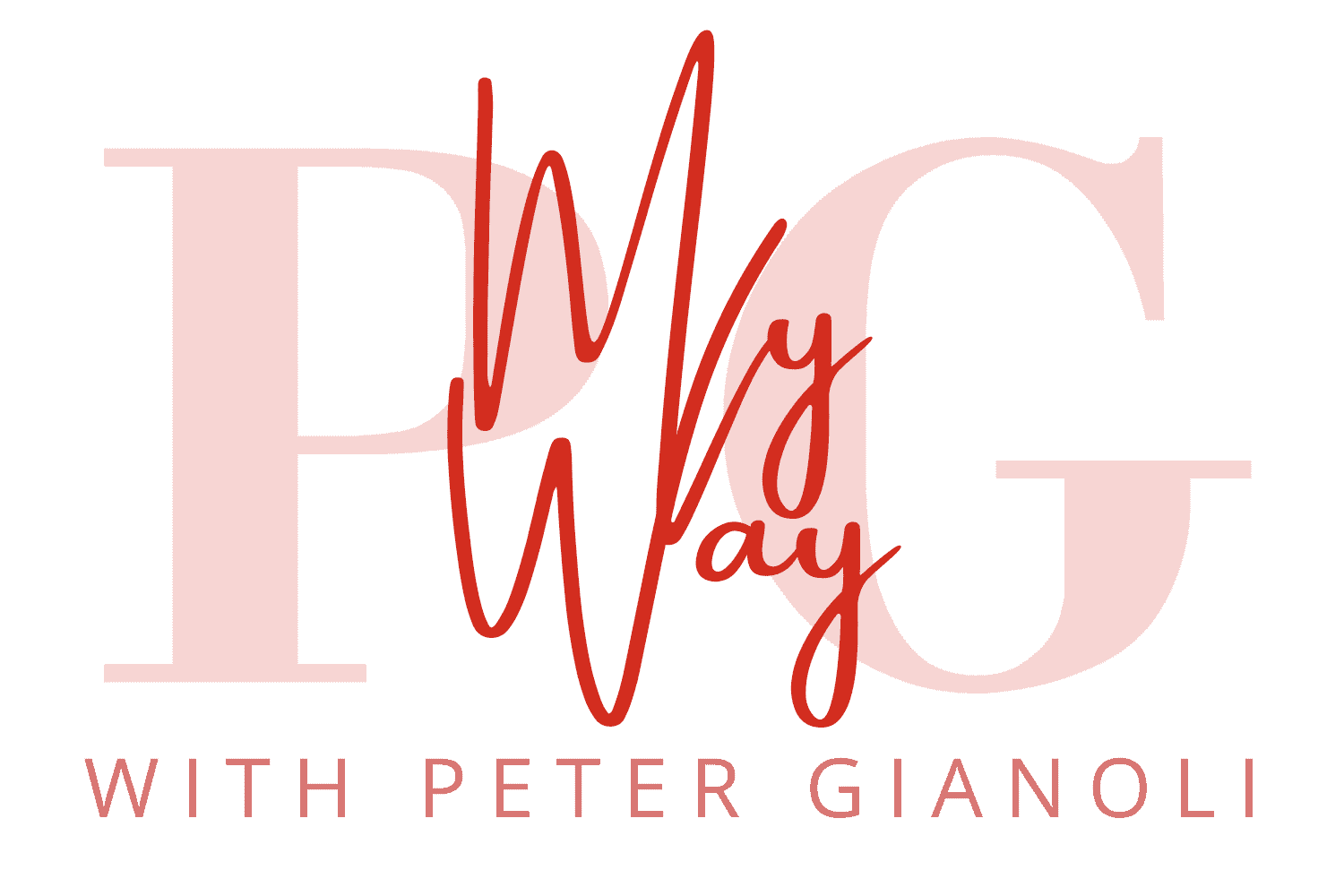The whole marketing message, sales call or presentation’s turning point is when the customer says to you or to themselves “Wow, I never considered that before” or “I’ve never thought about that” or “I never realised that was possible” or imagine if they said “No one has ever asked me that before.”
That is exactly what we should try and achieve in our marketing and sales calls from now on.
This podcast outlines how.
Transcript:
Be your customers’ shrink and get them thinking about themselves!
There are two types of questions, discovery questions and provoking questions. Using these properly in sales and marketing is how to get your customers to think and self-reflect.
Effective questions get the customers to think about things differently, consider other options, and to shift their point of view.
The whole sales call or presentation’s turning point is when the customer says to you or to themselves “Wow, I never considered that before” or “I’ve never thought about that” or “I never realised that was possible” or imagine if they said “No one has never asked me that before.”
That is exactly what we should try and achieve in our marketing and sales calls from now on.
It is based on the quality of your question.
Most of us are good with discovery questions often without knowing why.
What is a discovery question?
Discovery Questions
Discovery questions focus on “WHAT.”
Discovery questions are designed to identify existing needs, problems, customer pain points, customer’s goals etc.
Discovery questions are designed to get to the known, to ferret out what the customer knows about their environment.
Here are some examples:
- What are you challenged with?
- What are you trying to accomplish?
- What happens when you miss XYZ?
- How will you be measuring success?
- What have been the results to date?
- Are you happy with your current environment?
- What tools are you using?
Discovery questions target the known.
Our goal is to “discover” what is happening with the client to understand their world and offer a solution to their problem.
Discovery questions are great questions that provide the context we need to begin formulating a solution. Normally, however, not the best solution.
Why?
Because discovery questions don’t go far enough.
That is the point of provoking questions!
What is a provoking question?
Provoking Questions
Provoking questions take questioning to the next level.
Provoking questions are designed to challenge the customer to get them thinking in ways they hadn’t thought before. Provoking questions are questions designed to get deeper into the thinking processes and the logic behind their choices. Provoking questions target what is and was behind the decisions of your customers and prospects.
It provides insight into what the customer or prospect knows, what they don’t know and what they will prioritise to make their decisions.
Provoking questions help you and your customer or prospect evaluate what they are doing and why.
Here are some examples:
- Were you aware that . . . ?
- Did you know . . . ?
- Have you considered . . . ?
- Can I ask why you . . . ?
- Have you seen . . . ?
- Would you . . . ?
- What was the motive behind . . . ?
Provoking questions get the customer or prospect to think.
Effective questioning enables the customer to put unambiguous definition and great clarity around the issues and opportunities they are trying to address.
To be able to respond to great questions, the customer has to put structure, definition, and priorities around what they are trying to achieve.
Great questions can help the customer think about how they will make the decision.
Ask provoking questions AND discovery questions.
Go deep, get to what and why. Challenge your customer or prospects to self-evaluate.
The more YOU get them thinking about their choices and why they are doing what they are doing, the more they’re going to come to you for direction and guidance.
